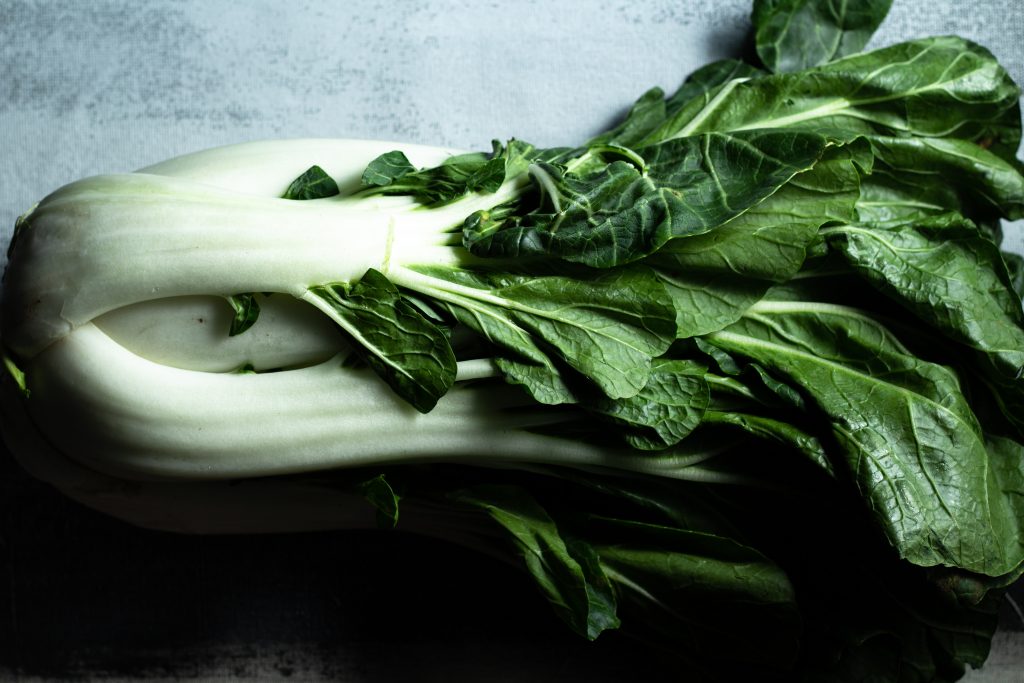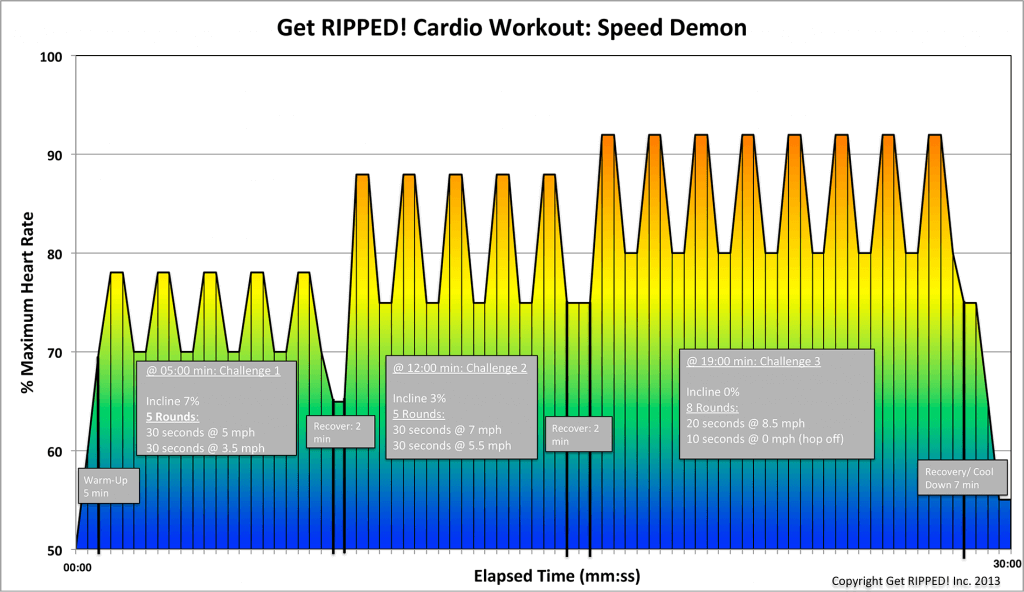Folate—vitamin B-9—is a vital nutrient that you need daily. It helps to make red blood cells and is necessary for normal cell growth and functioning. A lack of folate during early pregnancy can cause prenatal defects in the spine and brain. It’s best to consume food with folate, rather than take a supplement. Foods containing folate are relatively easy to access in Calgary, Canada. They include dark leafy greens, nuts, beans, bananas, strawberries, and other fruits and vegetables. Some fortified food, like pasta or cereal, contain folate.
Folate deficiency can occur due to poor diet or certain diseases.
Your body can’t store folate, so you need to consume it daily. A diet lacking folic acid—synthetic folate—or folate can cause folate deficiency. People who are pregnant require 400mg to 1000 mg of folate. All other adults require 400 mg. People with celiac disease or those with other problems absorbing folate can have deficiencies, just as those with a poor diet do. People with hemolytic anemia may have a folate deficiency, just as certain medications or kidney dialysis can cause it.
What are the signs of a folate deficiency?
Since folate is part of the creation of red blood cells, symptoms of anemia, such as exhaustion, paleness, irritability, and shortness of breath, are a few of the symptoms. Sores in the mouth, such as ulcers, a reduced sense of taste, and a tender red tongue, are also symptoms. Folate deficiency can cause signs like weight loss, depression, muscle weakness, and diarrhea. It can affect judgment, make it difficult to concentrate, and lead to confusion and memory loss.
Folate deficiency can be dangerous to a growing fetus.
Folate deficiency during pregnancy can lead to fetal brain and spinal cord birth-defects. These are neural tube defects that include spina bifida and anencephaly. A folate deficiency can increase the potential for the placenta to separate from the uterus and cause low birth weight and premature birth. It can lead to folate deficiency anemia, infertility, cardiovascular disease, depression, dementia, decreased cognitive functioning, certain forms of cancer, Alzheimer’s, and dementia.
- Even if you eat fruits and vegetables high in folate and have no other physical problems or medications that prevent absorption, you still could lack folate. Overcooking fruits and vegetables destroys the naturally occurring folate.
- Animal products that contain folate include liver, seafood, dairy, eggs, and meat. In most cases, eating a healthy diet will provide an adequate folate intake.
- While oral folic acid tends to be safe, it can cause loss of appetite, a disturbance of sleep patterns, confusion, nausea, allergic reactions, and a bad taste in the mouth.
- Taking high amounts of B9 can mask a B12 deficiency that could lead to permanent neurological damage. B12 is only in animal products, so it occurs more often in vegans and vegetarians.
For more information, contact us today at Get RIPPED! by Jari Love


